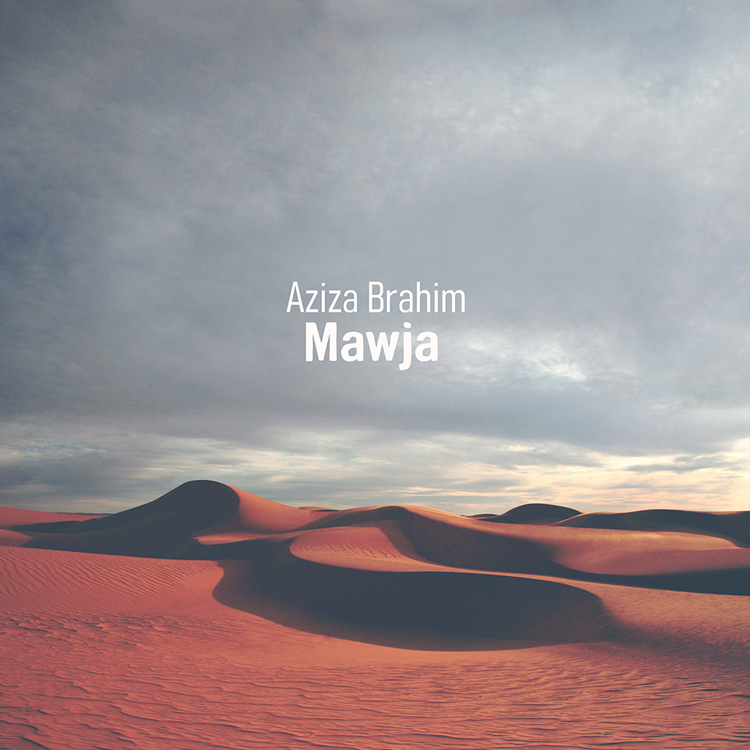Aziza Brahim – Mawja (Glitterbeat, 2024)
Aziza Brahim‘s fifth album, Mawja, set for release on February 23rd, 2024, features her signature mix of Saharan and Spanish musical elements. Co-produced alongside Spanish musician Guillem Aguilar, it embraces a diverse set of musical influences that are intertwined with her Sahrawi roots.
Brahim’s vocals, imbued with profound emotions rooted in her experiences growing up in Sahrawi refugee camps, convey themes of longing, struggle, and love. Mawja symbolizes waves of history and sound, reflecting Brahim’s journey from her childhood immersed in radio waves to her travels and personal diaspora, shaping her musical evolution. “Music lets you enrich your original sounds with others you learn,” Brahim says. “Mawja reflects everything that involves me.”
Despite facing personal challenges, including anxiety and the turmoil in her homeland, Brahim found inspiration for Mawja, infusing it with a spirit of hope and exploration. “I had a bad anxiety crisis,” she recalls. “Just as I was recovering, Covid and lockdown happened, and we had to stop the tour we had planned. That made my condition worse. I had to fight to keep my equilibrium. Then, as I began to recover, in November 2020, my country, Western Sahara, was back at war against Morocco. It still is.”
A year later, more bad news. “My grandmother Ljadra passed away. She was very important to me and that brought a relapse.” Aziza adds: “She was a very important poet of the Sahrawi revolution and culture,” Brahim says. “People like her are immortal, and her legacy will live forever on the memory of many people. “Duaa” is a prayer to honor her memory. My grandparents’ home was called “the big haima,” where she was the great matriarch. It’s where I was born and raised. Where we were able to learn to be proud, tenacious, to become activists. First in El Aaiun, then in refugee camps and today in Bucraa in Algeria. Life never have been easy for the Sahrawi.”
Her band, particularly bassist and guitarist Guillem Aguilar, plays a crucial role in realizing her vision, resulting in a diverse album that traverses bluesy chords, tender elegies, and mythical narratives. Songs like “Metal, Madera” highlight Brahim’s fusion of blues and rock influences, while tracks like “Duaa” and “Ljaima Likbira” pay homage to her grandmother. Through songs like “Haiyu Ya Zawar,” Brahim reinforces her connection to her people’s struggle for liberation, mixing geographical influences to create anthems of resistance.
Living in Spain has had an effect on Brahim’s music. It reflects what she’s heard around the Iberian Peninsula, especially the rhythms and percussion instruments. “There’s the tambourine, square tambourine, the almirez (pestle and mortar) that you hear in folk music everywhere on the peninsula. But I mixed with other African percussion instruments, and even ones from other continents. There’s a fusion in the root of each song.”
Photographs in the album booklet depict the desert and refugee camps, serving as emotional reminders of Brahim’s past and present. As she navigates through waves of history and sound, Mawja stands as a testament to Brahim’s enduring connection to her roots and her unwavering commitment to storytelling through music.
Buy Mawja.


